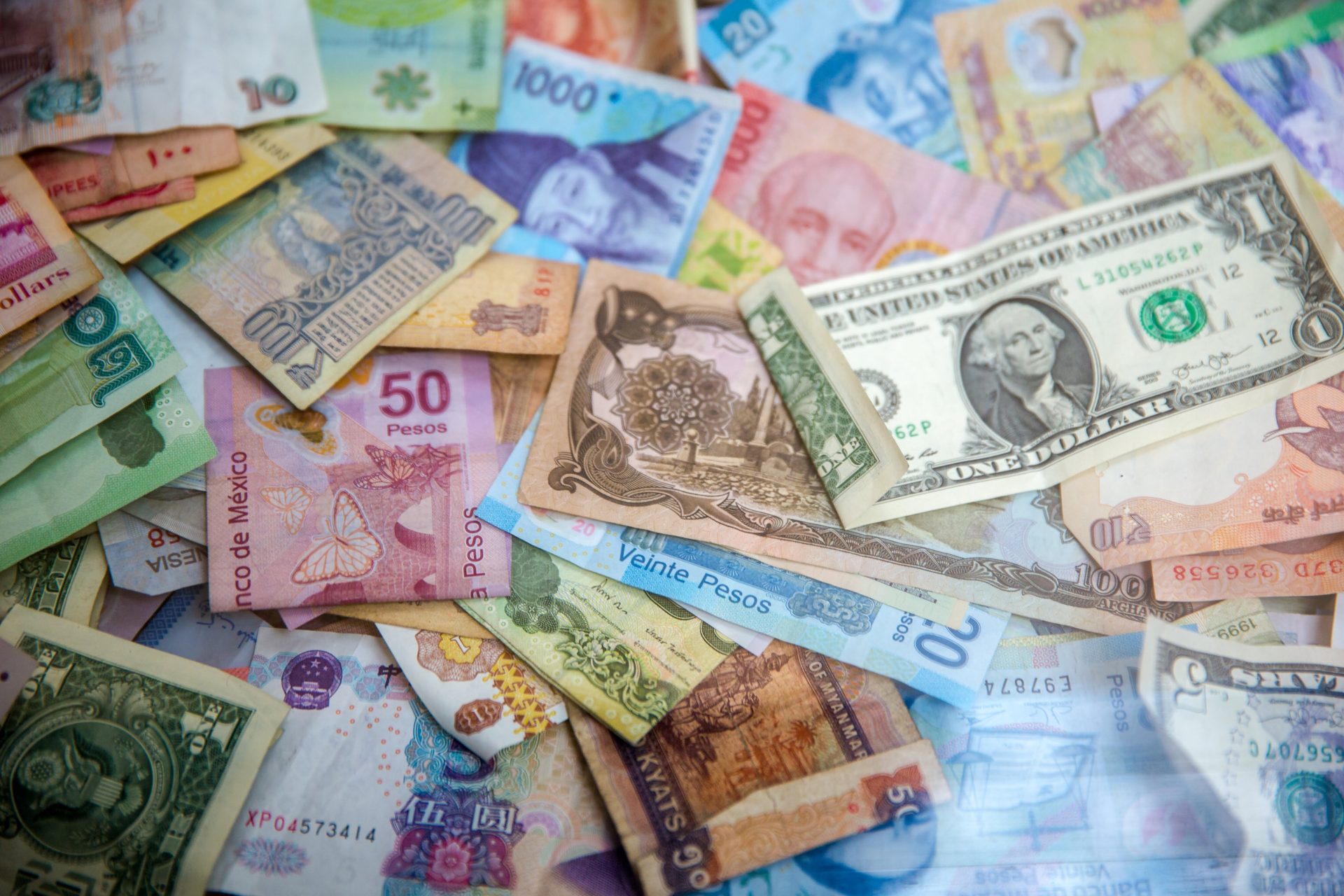As the US Federal Reserve battles increased inflation by increasing borrowing costs, economies across the globe have suffered. Hon. Christopher Coye says GOB is doing an excellent job of maintaining policies to safeguard Belize’s economy.
by Khaila Gentle
BELIZE CITY, Mon. July 18, 2022
In the battle to bring steadily rising inflation rates under control, the United States of America’s Federal Reserve has been more aggressive in its monetary policies than most nations—the consequences of which are being felt not only in the US but by economies across the globe. In order to mitigate the trickledown effect that such actions in the US might have on Belize’s economy, Minister of State in the Ministry of Finance, Hon. Christopher Coye says that the government is focusing on maintaining foreign reserves as well as a fixed exchange rate.
According to the New York Times, the US dollar makes up one side of about 90% of all foreign exchange transactions and is one of the most stable currencies in the world. The strength of the dollar often increases in times of turmoil, which is exactly what has been happening in recent months due to rising inflation.
As the dollar strengthens—it is currently reported to be at a 20-year high—and as the Federal Reserve ramps up its efforts to combat inflation by increasing interest rates, currencies of nations across the globe have been losing value against the dollar, leading to record-breaking shifts in exchange rates. In fact, it is expected that later this month, the US Federal Reserve will increase the cost of borrowing for the second time this year later in July.
Minister of State in the Ministry of Finance, Hon. Christopher Coye spoke with the media last week and explained the logic behind the Federal Reserve’s monetary policy:
“The primary adjustment that they have to make or that they see as the tool to which they can impact on inflation is by impacting on interest rates. So that’s why you see that they have been pushing up interest rates—the Federal funds rate. I think the last increase was about three-quarter percent, and it’s very likely that they’ll try and increase another three-quarter percent in the next couple of weeks. So that activity—if interest rates are going up, then the cost of doing business is going up. So then businesses will not borrow as much and not invest as much, which means the economy will slow down, and as it slows down, then that means demand comes down, which means inflation ultimately starts to flatten back. So that’s the effort there,” he said.
Nevertheless, those efforts have adversely impacted and are expected to continue negatively affecting economies across the globe. In Europe, for example, the value of the Pound has decreased by more than 10% and continues to lose value. Likewise, the Euro has fallen below parity against the US dollar for the first time in two decades. Those most affected, though, are nations whose governments have borrowed significantly in dollars.
“The rise of the US currency means more expensive imports of commodities like energy and food, which often trade in dollars. That adds to economic strains, especially if a government holds a lot of debt in dollars,” explained BBC News.
According to the Finance Minister, the Government of Belize and the Central Bank have been focusing on their own policy positions to mitigate the effects of the Federal Reserve’s hikes in interest rates.
“We have to focus on maintaining that fixed exchange rate, which means that we have to maintain foreign reserves. That is our primary policy position that we have to be focusing on. We are doing excellently on that. We’re at the highest levels in history both at the levels of the Central Bank reserves as well as the domestic banks’ foreign exchange holdings,” said Hon. Coye.

